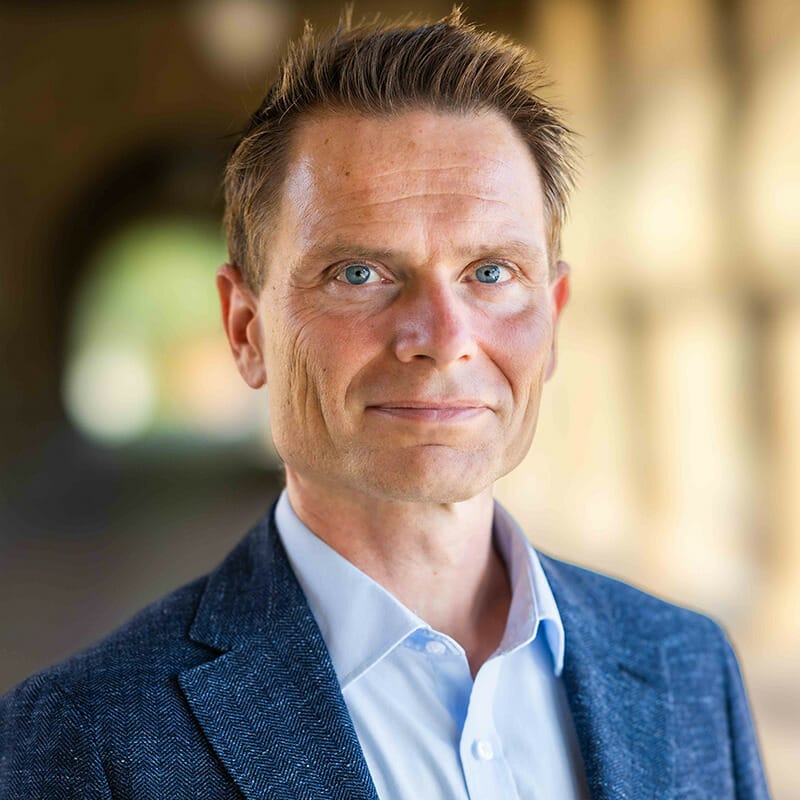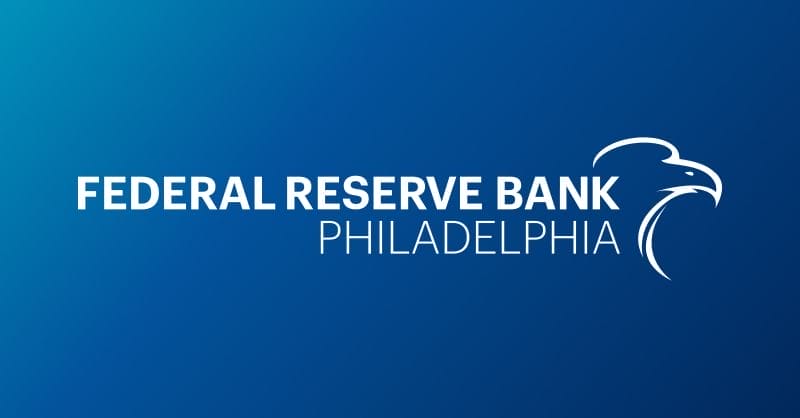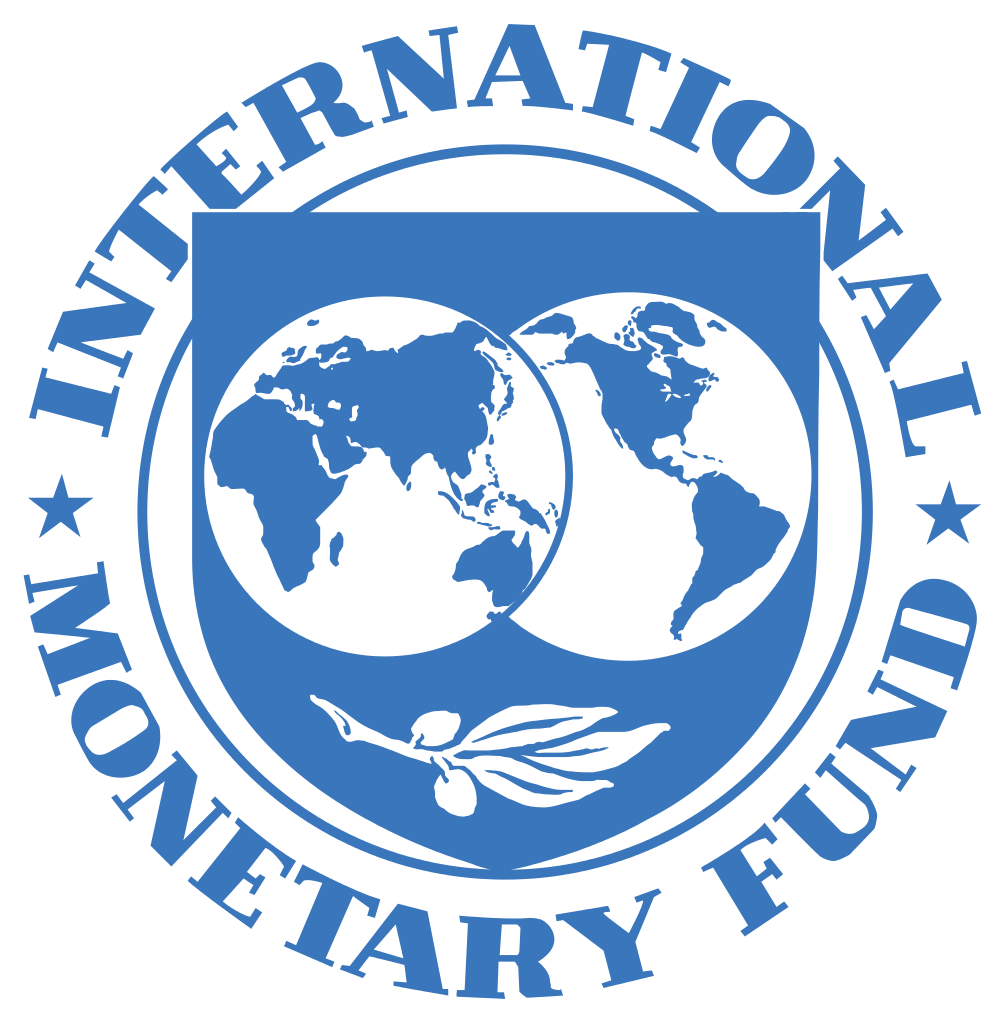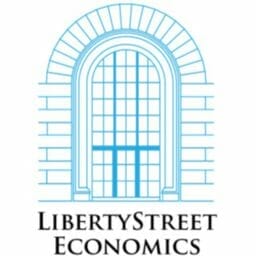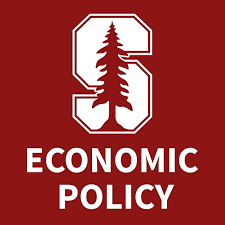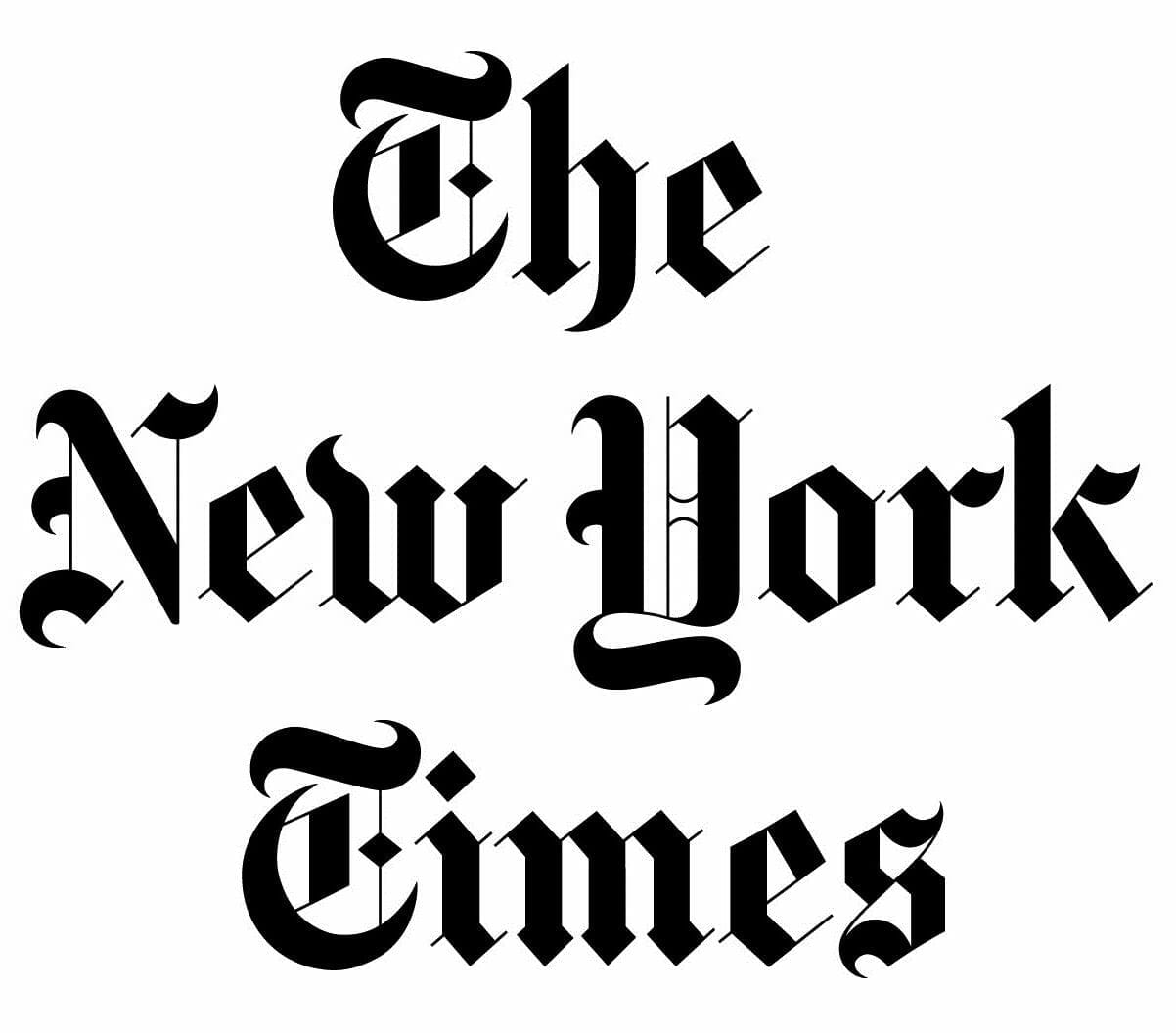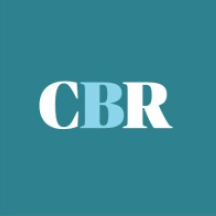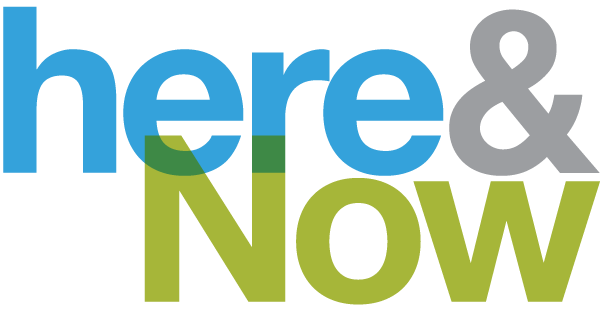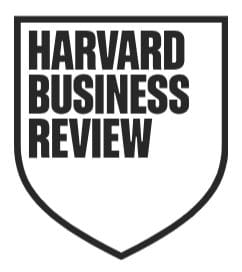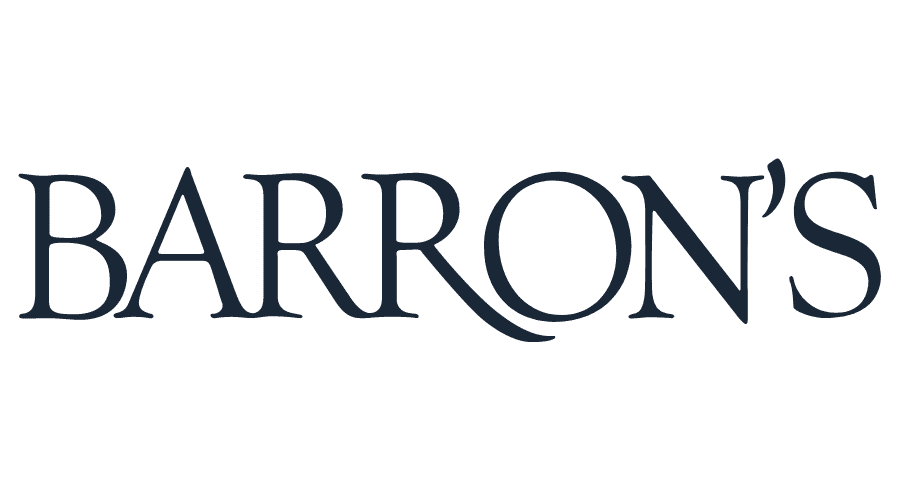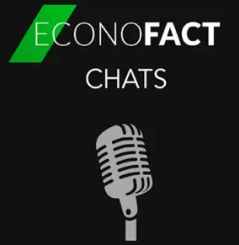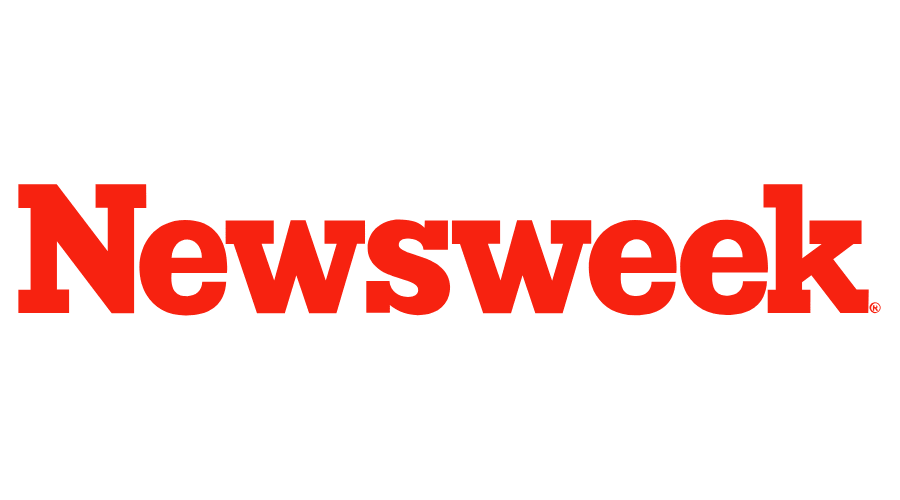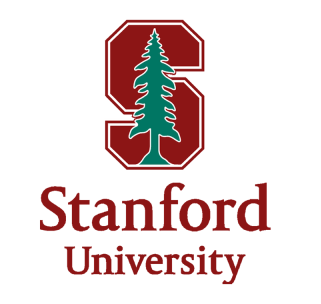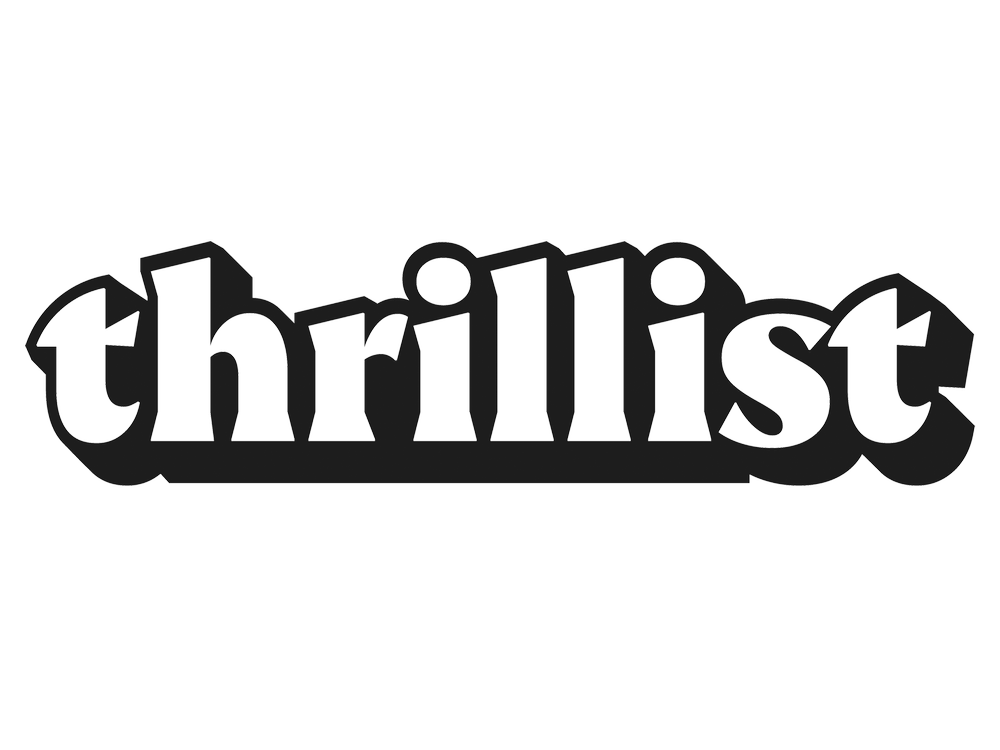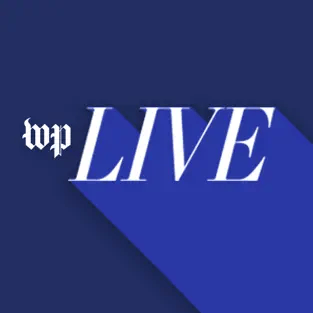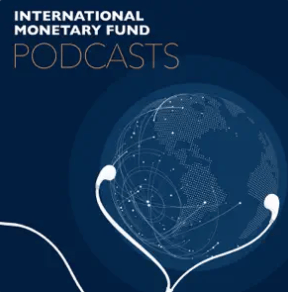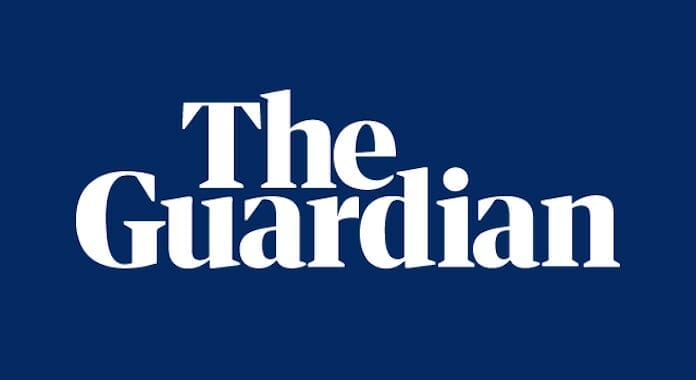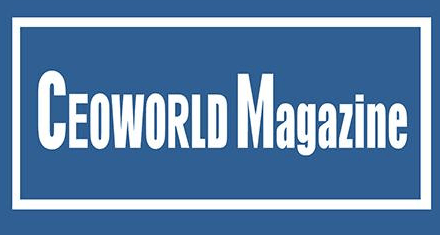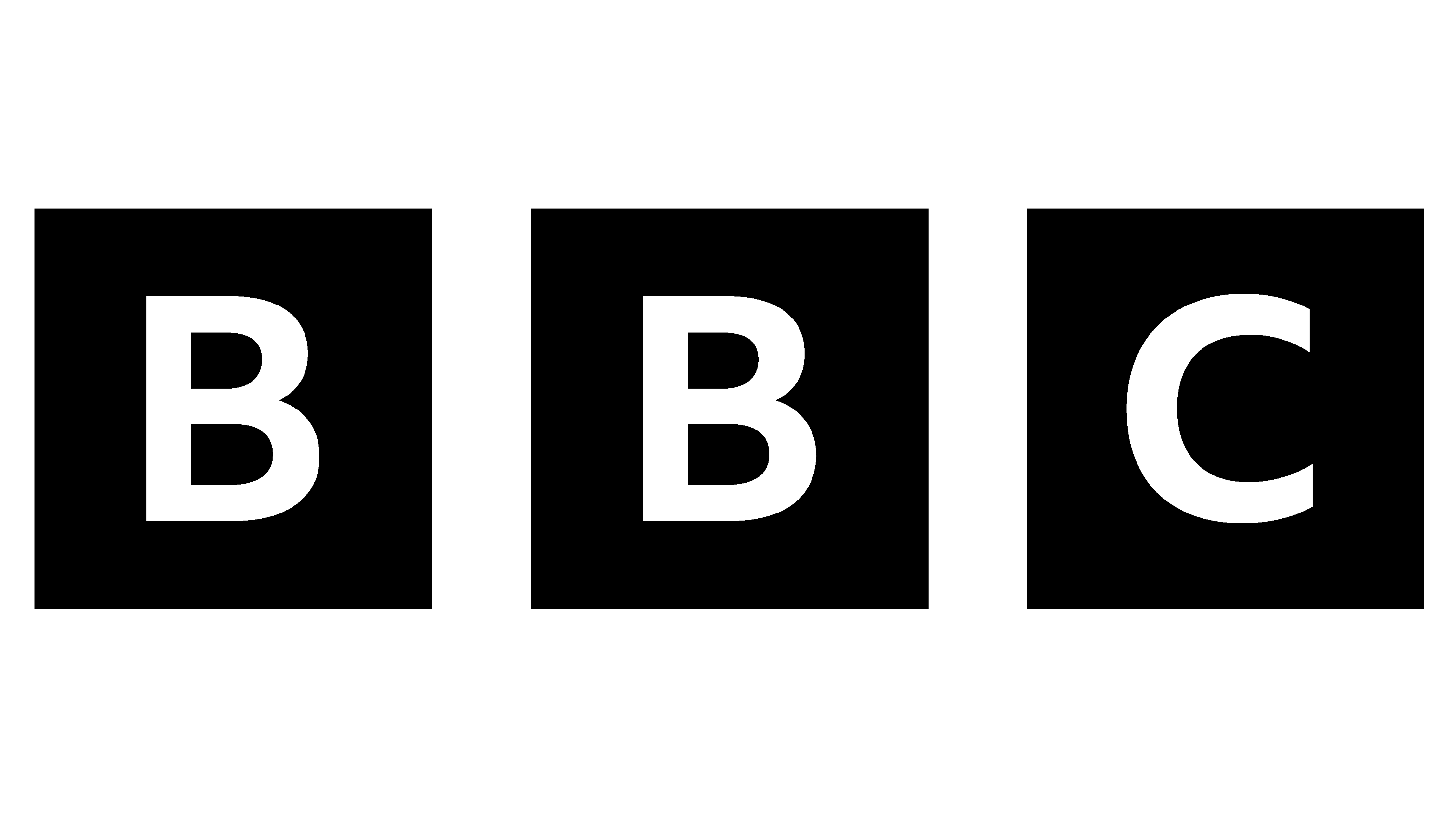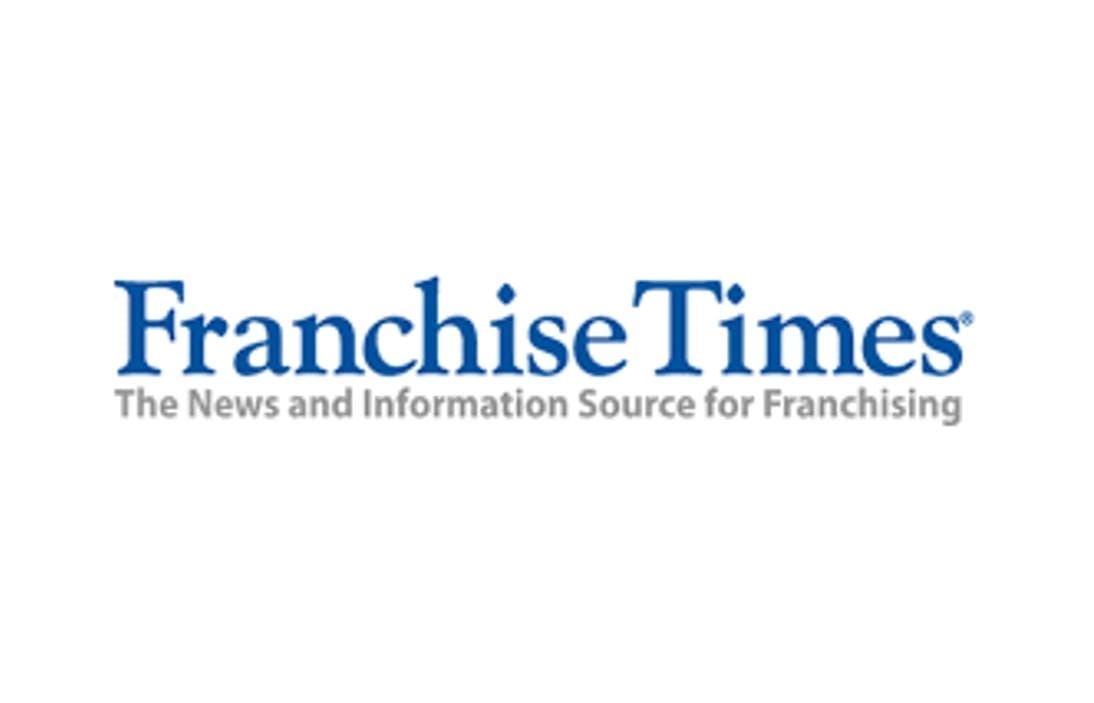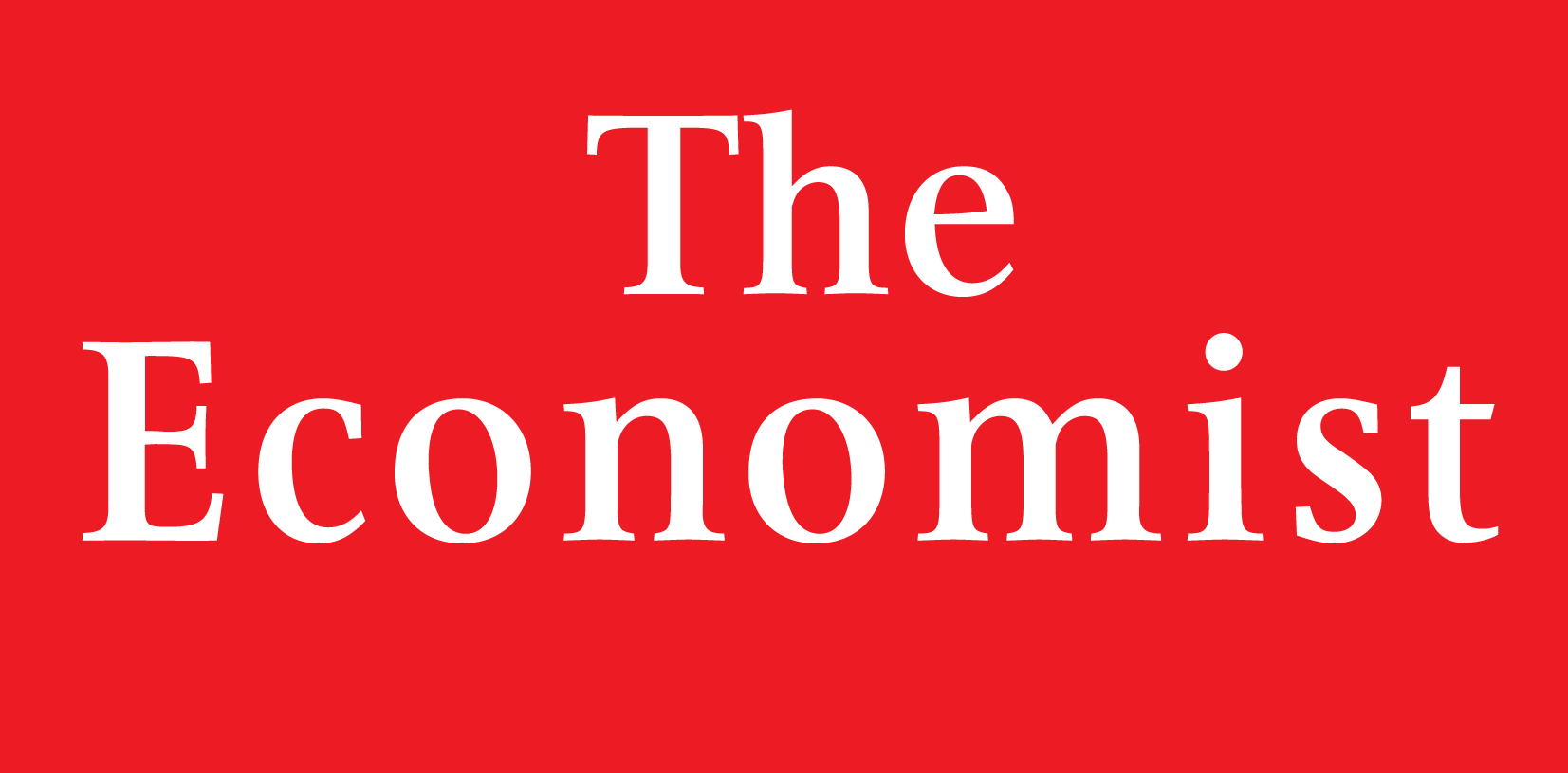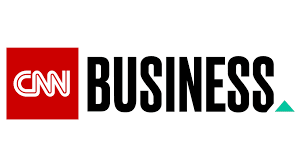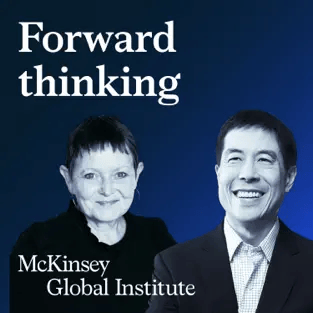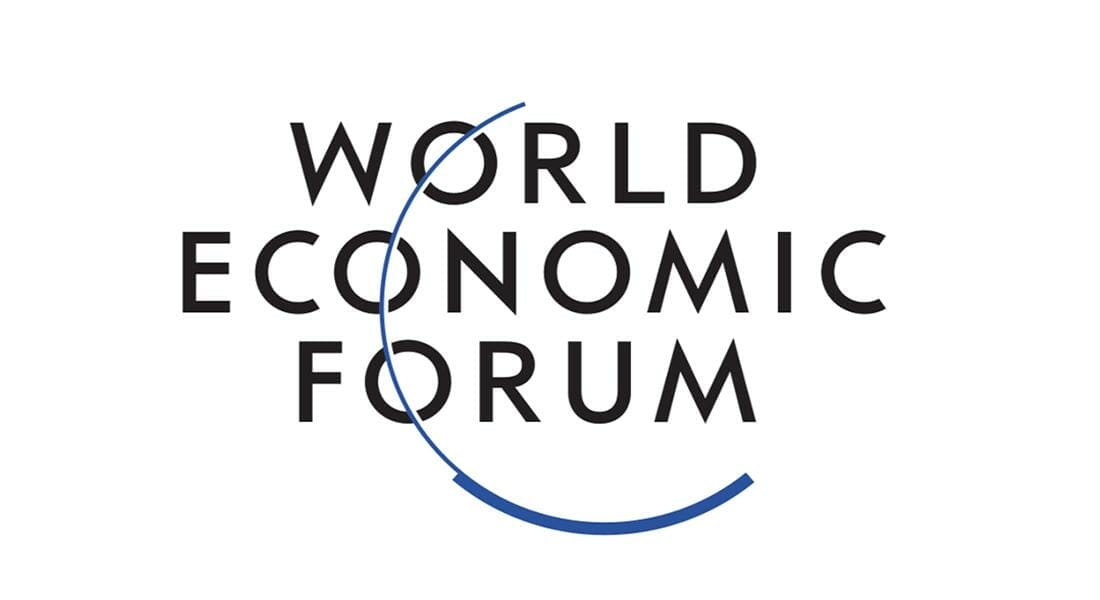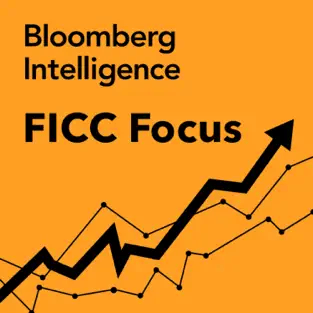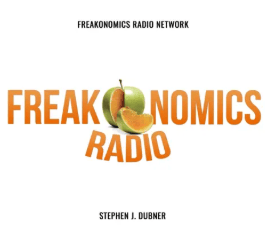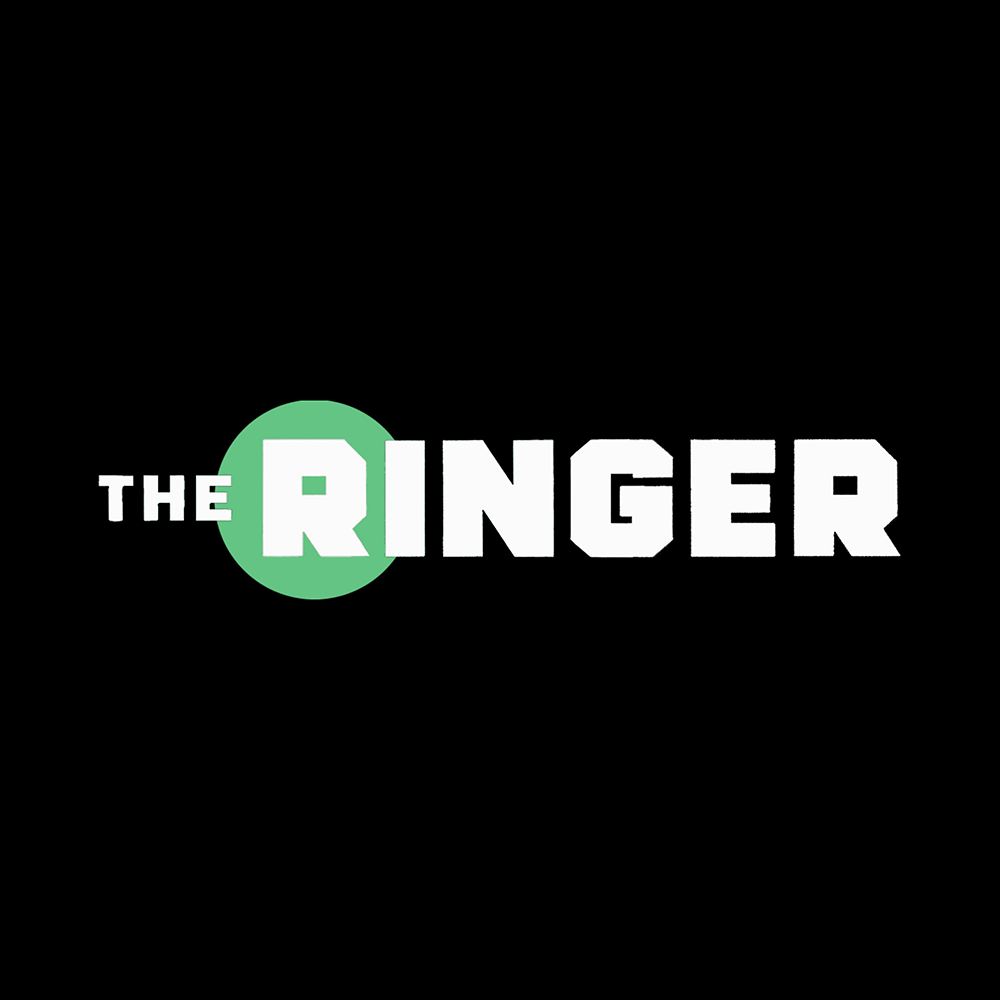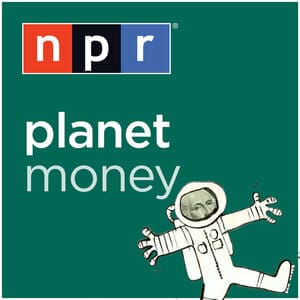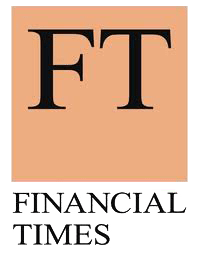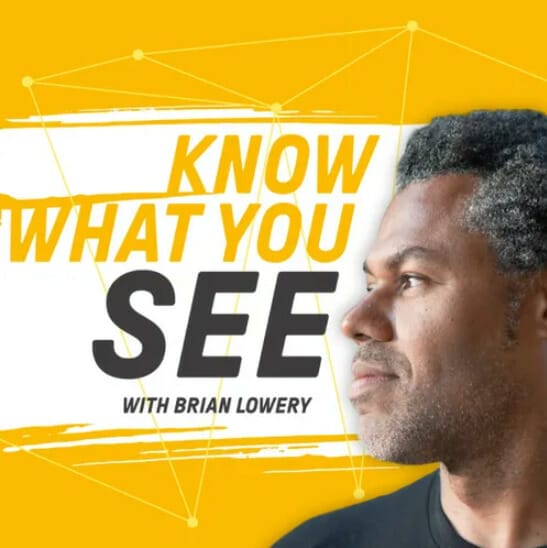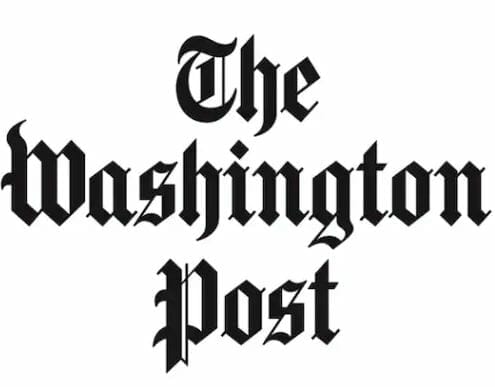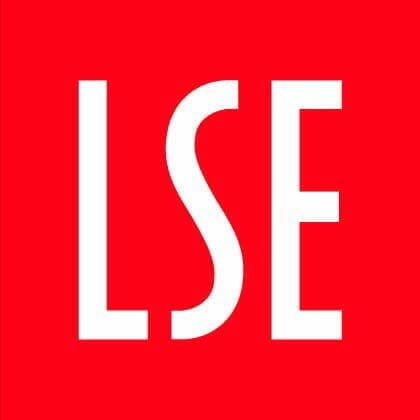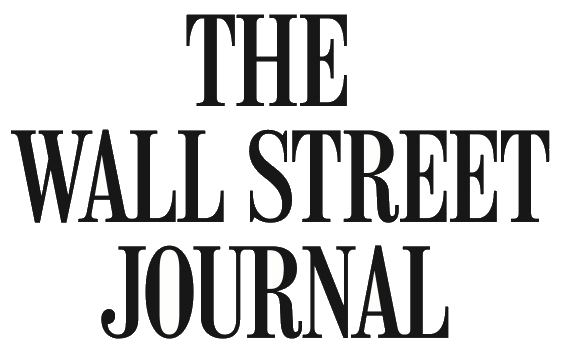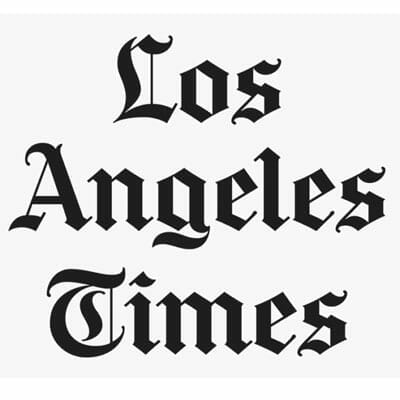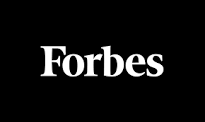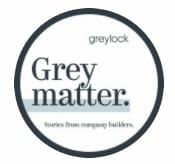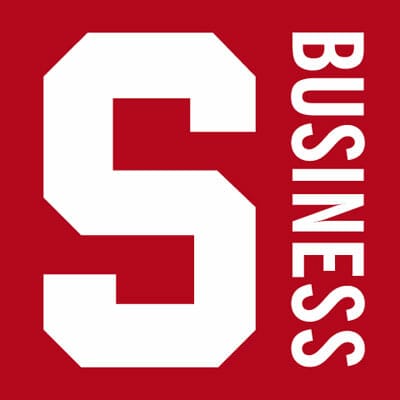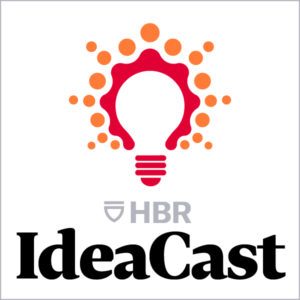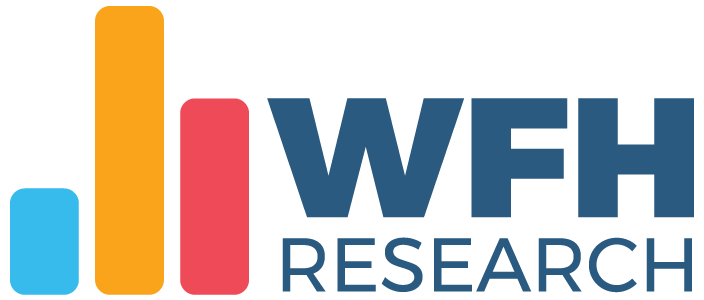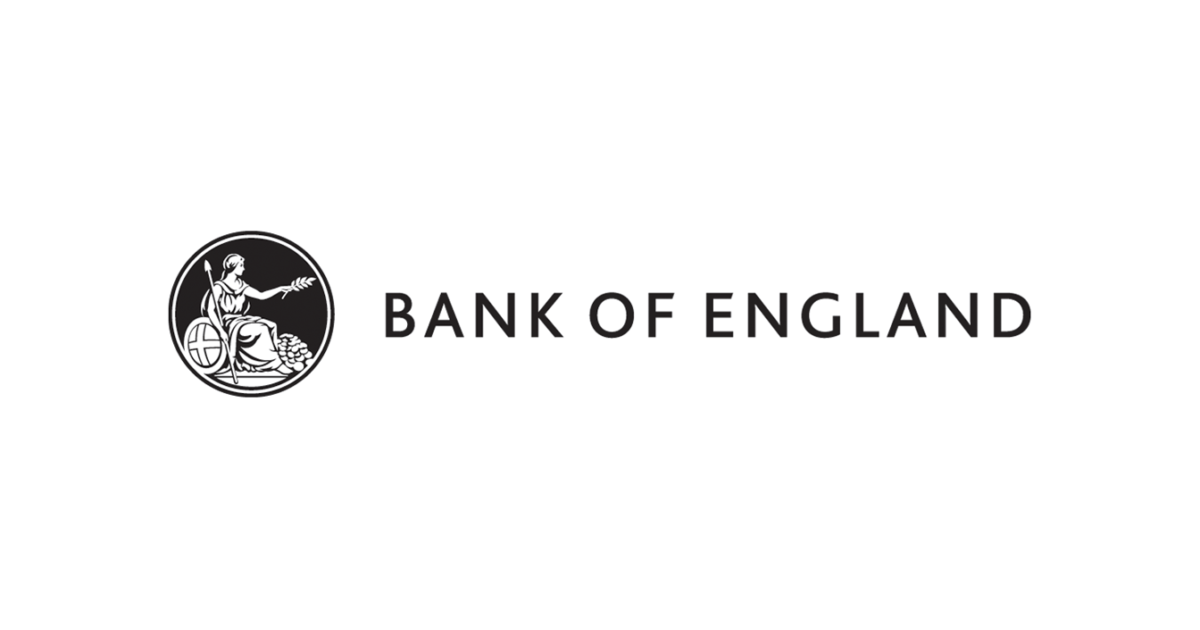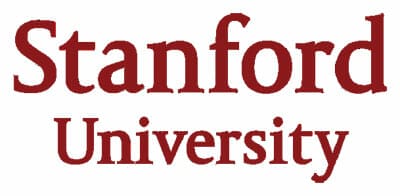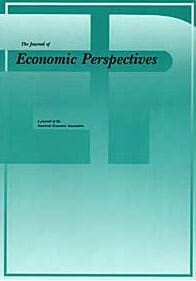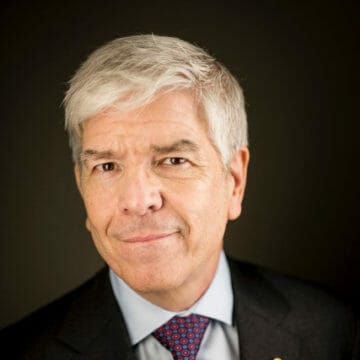Videos
Learn More About Nicholas Bloom
As organizational leaders try to carve out a new workplace model, they will need to go beyond weighing what employees are thinking and feeling to considering the economic impacts of distributed work on businesses, industries and society. For more than a decade, Stanford University economist Nicholas Bloom – a global authority on remote and hybrid work – has been measuring those impacts as part of his broader research into worldwide management practices, particularly in times of uncertainty and market shocks. His research is helping leaders make key decisions as they prepare for a return to the office.
Today, with more than 70% of businesses moving toward some form of hybrid work model – including massive multinationals such as Google, Citi and HSBC – Bloom’s up-to-the-minute insights are helping leaders create more supportive cultures using fair metrics that mitigate discrimination (and potential lawsuits) and lead to better employee collaboration, innovation and retention. He is also helping companies understand how they can serve this new workforce with innovative products and services.
The Post-Pandemic Workplace
During a 2017 TEDxStanford talk, Bloom boldly proclaimed, “Go Ahead, Tell Your Boss You’re Working From Home.” That was before Covid-19 upended the world. After interviewing thousands of firms during the pandemic, and collecting data showing the downside of letting employees decide their work days, he now recommends leaders do the choosing, with some caveats.
“Sure, there are upsides to working from home, the biggest being increased productivity and no commute. But our research already sees problems too. A big one is the potential for inequality. Then there are the broader problems – empty commercial buildings in cities and the ripple effects on small businesses and mass transit due to people moving to the outskirts of cities, what we call the ‘Donut Effect.’ There’s a lot to consider.”
A veteran management consultant who was named to the 2022 Bloomberg 50 list of people who defined global business for the year and the 2022 Forbes Future of Work 50 list, Bloom’s research focuses on understanding differences in organizational practices across firms and countries and investigating the causes and consequences of economic uncertainty. His core expertise lies in helping leaders determine which management practices make the most sense fiscally. And in some cases, a fully remote workplace may well be the solution. For example, his 2014 study of Ctrip, a NASDAQ-listed Chinese travel agency with over 16,000 employees, showed that WFH policies can lead to 50% reduced attrition, a nearly 22% productivity gain, lower real estate expenditures and a roughly $2,000 increase in profits per employee.
“The pandemic has started a revolution in how we work,” says Bloom. “Working from home may allow for happier, more productive employees. But to keep those practices truly inclusive, leaders need to weigh a variety of factors to ensure the model serves both the organization and its employees.”
###
Nicholas Bloom is The William Eberle Professor of Economics at Stanford University and a professor, by courtesy, at Stanford’s Graduate School of Business. Among other roles, he is co-director of the Productivity, Innovation and Entrepreneurship program at the National Bureau of Economic Research (NBER) and a Senior Fellow of the Centre for Economic Performance, the Stanford Institute for Economic Policy Research and the IZA Institute for Labor Economics where he has led the World Management Survey initiative since 2003. He has advised the UK Treasury on business tax policy and worked for the Institute for Fiscal Studies, a London-based tax think tank. In 2010, he won the Frisch Medal for his research on how large uncertainty shocks, such as credit crunches, the 9/11 terrorist attacks and the Cuban Missile crisis, impact the U.S. economy. He received his undergraduate degree from Cambridge, his Master’s degree from Oxford University and his Ph.D. from University College London.
Nicholas Bloom is available to advise your organization via virtual and in-person consulting meetings, interactive workshops and customized keynotes through the exclusive representation of Stern Speakers & Advisors, a division of Stern Strategy Group®.
Face Uncertainty Head-On Through Robust Data
In a world where constant changes are impacting every sector – from economics to society and more – uncertainty is expected. But it is possible to leverage data to help us face uncertainty with confidence. In this eye-opening presentation, Stanford professor and renowned global economist Nicholas Bloom explains how rigorous research and robust data can measure uncertainty and spot potentially impactful trends. From monitoring stock markets to gaining insights into financial executives’ forecasts, Bloom shares strategies for practical contingency planning. Audiences will learn how to put best practices in place now – such as investing in flexible capital expenses like leasing office space instead of buying – to stave off the potential worst-case scenarios of today’s uncertain business landscape.
Returning to the Office? How to Maintain Culture and Diversity in Hybrid Teams
As businesses enter a new era of widespread hybrid and remote work, how do organizations preserve their company culture while also seizing the opportunity to change what wasn’t working? Emphasizing the need for quantitative measurements, renowned Stanford University economist Nicholas Bloom – a global authority on remote and hybrid work models – outlines fair practices for successfully optimizing employee productivity and engagement when a significant portion of the workforce is absent from the office. He addresses concerns about the erosion of corporate culture and shares tips for improving employee retention. As WFH reduces employee connections, Bloom explains how management can fill the void with solutions that work for everyone.
Making Sense of the New Economy
Today’s economy looks drastically different from the one that existed before the pandemic. So where do we go from here? In this talk, renowned Stanford University economist Nicholas Bloom outlines a way forward while addressing such concerns as declining U.S. dynamism, modern task-based economics, looming inflation and a red-hot labor market that is putting financial pressure on businesses and challenging their staffing needs. He also discusses the economic impact of the “Donut Effect,” a recent pandemic-driven phenomenon resulting in urban populations declining and exurbs around them growing as workers flee highly-concentrated city centers – and what we can do about it. While identifying opportunities and risks inherent in change, Bloom explains how innovation and entrepreneurship can emerge from a crisis if we are willing to build past lessons into our future plans.
The Donut Effect and What It Means for the U.S. Economy
During the Covid-19 pandemic, a curious phenomenon took shape: as workers fled highly concentrated city centers, urban populations declined and the exurbs around them boomed. In this presentation, Stanford University economist Nicholas Bloom discusses how the “Donut Effect” has and will continue to reshape the U.S. economy. Drawing from data he collected after surveying thousands of firms, he delves into remote work’s effect on migration, real estate and diversity, and examines the pandemic’s impact on cities, which have lost roughly 15% of people and businesses after 40 years of expansion. He also contrasts the upsides of remote work, such as productivity and less commute time, with the downsides, such as inequities that may put mothers, disabled employees and poor workers at a disadvantage. Armed with decades of research and insights, Bloom shows audiences how to create a new working world that is at once more efficient and more empathetic.
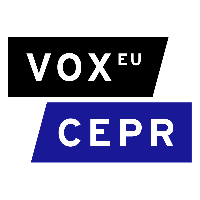
How and Why Work-From-Home Rates Differ Across Countries and People
(The Centre for Economic Policy Research, May 2024)

The Impact of Higher Interest Rates on UK Firms
(The Centre for Economic Policy Research, April 2024)
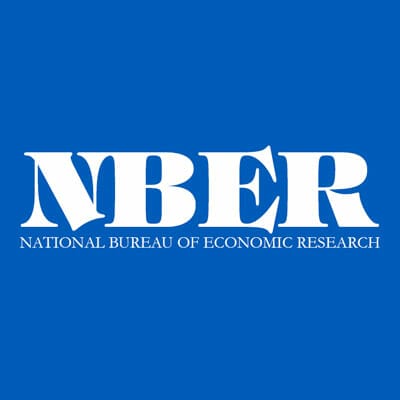
This Time is Not so Different: Income Dynamics During the COVID-19 Recession
(National Bureau of Economic Research, 2021)
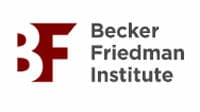
COVID-19 Is a Persistent Reallocation Shock
(Becker Friedman Institute for Research in Economics, 2021)

The World Management Survey at 18: Lessons and the Way Forward
(National Bureau of Economic Research, 2021)

Elections, Political Polarization, and Economic Uncertainty
(National Bureau of Economic Research 2020)

Management Practices, Work-Life Balance, and Productivity: A Review of Some Recent Evidence
(Oxford University Press, 2004)

Does Working From Home Work? Evidence from a Chinese Experiment
(Oxford University Press, on behalf of President and Fellows of Harvard College, 2014)
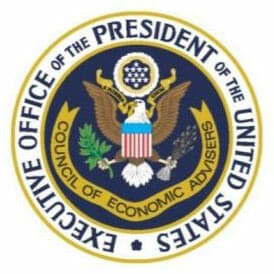
Eleven Facts About American Families and Work
(Executive Office of the President of the United States, October 2014)
Nicholas Bloom is a seasoned consultant who uses original data and focused research to help leaders optimize management practices. Drawing from years of experience conducting qualitative and quantitative analyses at such organizations as the UK Treasury, Accenture, McKinsey and the Institute for Fiscal Studies, he guides executives toward decisions that yield consistently higher returns across metrics. His insights and research lead to long-term improvements in such areas as remote and hybrid work, fiscal policies within corporations and governments, decisions around workplace models and solutions that lead to more successful collaboration, innovation and employee retention. He is available to advise your leaders and teams via customized meetings, executive education programs and keynotes.
“Nick Bloom was fantastic – engaging and well-versed. Our executive-level audience was very impressed, and we’d recommend him as a speaker to anyone interested!”
“Thank you for a great session today, and thank you for sharing this great feedback. I think this was one of the sessions that our participants were most looking forward to and it scored amazingly well on the evaluation poll.”
